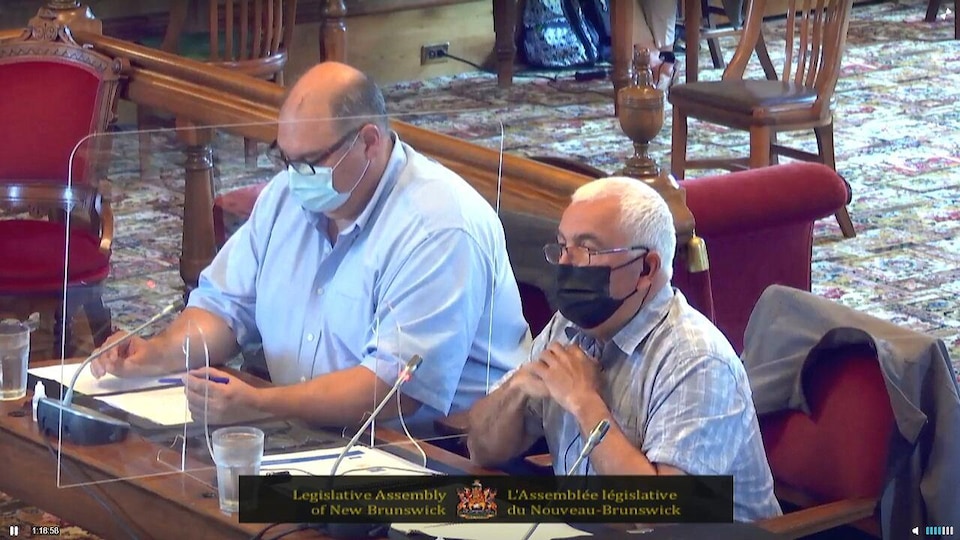Whether or not to use pesticides in agriculture, that is the question in NB.
Whether or not to use pesticides in agriculture, that is the question in NB.

A legislative committee is currently studying the use of herbicides in New Brunswick.
The forestry industry’s point of view is known, but in recent days farmers have spoken out on the issue.
Lane Stewart of Blueberries New Brunswick believes that mass production of blueberries is now needed.
We have reached 7.8 billion people on earth. It is necessary to produce in a massive way, without discouraging private gardens and smaller businesses. It is a necessity and without pesticides it will be impossible to do it
, he said.
Blueberry cultivation is very important in the province. According to a 2017 agricultural census released by the government, fruit and berry cultivation is the most common in New Brunswick. And 95% of the land devoted to it is reserved for the production of wild blueberries.
Bleuets New Brunswick supports the use of pesticides. It is explained that farmers are very well trained to use these products, that they must have a permit to obtain them. And there are fears that the total ban on pesticides will have an impact on the production capacity of farmers.
Divergent opinions
However, this point of view is not unanimous among farmers. On the side of the National Farmers Union in New Brunswick, which represents about 200 farmers in the province, we would rather see the government phase out the use of all synthetic pesticides and herbicides, because even if these products are registered by Health Canada, we still fear that they are harmful to the environment.
The union also wants the provincial government to invest in setting up alternative farming methods such as agroecology.
Agroecology is a holistic approach to food production that uses and creates social, cultural, economic and environmental knowledge to promote food sovereignty, social justice, economic sustainability,
explains Suzanne Fournier, Executive Director of the National Farmers Union in New Brunswick.
The legislative committee is to make recommendations to the government, but at this time it is not yet known when they should be made public.





